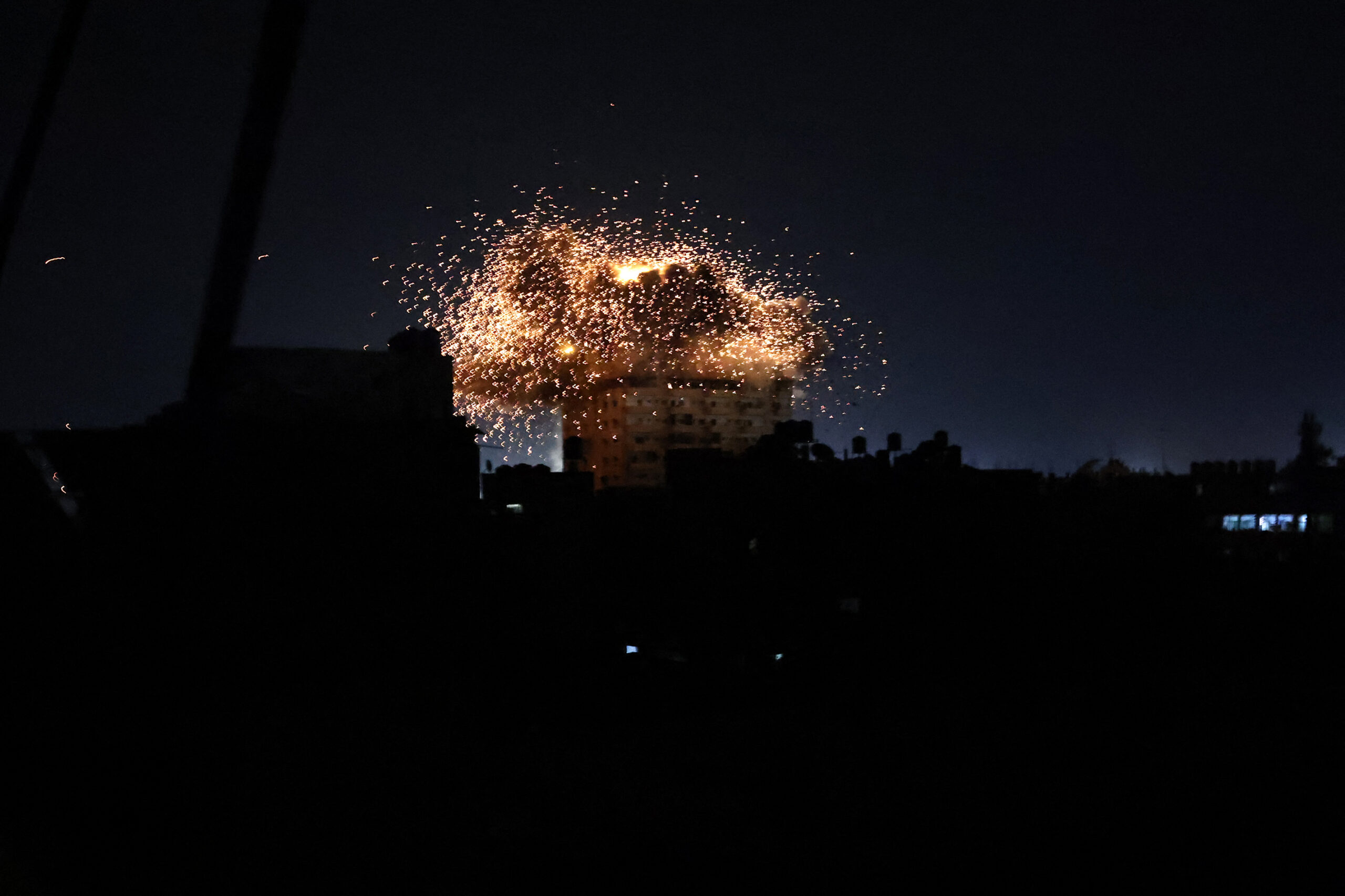Following a terrorist attack by Hamas militants against Israel, which led to retaliatory airstrikes in the Gaza Strip, international humanitarian agencies are sounding the alarm about a serious fuel shortage in Gaza.
This shortage of critical resources is putting Palestinian lives at risk. Gaza, a densely populated area located between Israel and Egypt along the Mediterranean Sea, has been under an Israeli military blockade since 2007, when Hamas took control of the territory.
This blockade has limited the flow of essential resources to Gaza, including fuel, electricity, food and drinking water, according to CBS. With a population of approximately 2.3 million people, Gaza relies heavily on Israel for these vital supplies.
Energy crisis and political conflict
Over the years, the conflict between Hamas and the Palestinian Authority, which governs the Israeli-occupied West Bank, has exacerbated the energy crisis in Gaza. The United Nations Office for the Coordination of Humanitarian Affairs attributes the worsening situation to these political tensions, which leave Gaza residents in a precarious situation.
Following the Hamas terrorist attack that caused civilian casualties in Israel, Israeli Defense Minister Yoav Gallant ordered a tightening of the Gaza blockade. This adjustment effectively cut off the supply of fuel, electricity and food to the region.
However, amid the escalating conflict, there have been brief periods for humanitarian aid to reach Gaza. Recently, twenty trucks carrying essential supplies, including drinking water and medical resources, were allowed to enter Gaza through the Rafah crossing in Egypt. This was the first time that aid entered the territory since the conflict began.
Fuel shortages and their impact
While humanitarian aid has provided some relief, fuel shortages remain a pressing problem. The main United Nations aid agency in Gaza, the United Nations Relief and Works Agency for Palestine Refugees (UNRWA), issued a dire warning.
They stated that without urgent fuel supplies, they would be forced to halt their operations in Gaza. Fuel is essential to power hospitals, purify drinking water and maintain basic services. It is estimated that Gaza needs more than 42,000 gallons of fuel daily to meet the basic needs of its population.
The lack of fuel has caused a medical crisis in Gaza. The World Health Organization reports that a third of Gaza’s hospitals can no longer function due to fuel shortages.
With a considerable burden on the medical system, the situation is dire. While some fuel has been delivered to some hospitals, it is only enough to keep ambulances and critical functions operational for just over 24 hours.
Without an urgent influx of fuel and health supplies, thousands of vulnerable patients in Gaza are at risk of death or serious medical complications. This includes patients who are dependent on dialysis, premature babies who need specialist care and people in intensive care or requiring surgery. These critical services depend on a stable, uninterrupted supply of electricity to save lives.
Israel’s decision not to supply fuel to Gaza is based on concerns that Hamas will intercept fuel shipments and use them for military purposes. The Israel Defense Forces have expressed reservations about fuel supplies due to suspicions that Hamas stores fuel for its military infrastructure.
The situation in Gaza is known to be dire and fuel shortages are exacerbating an already difficult humanitarian crisis. The international community is closely monitoring the situation as efforts to address the pressing needs of the people of Gaza face significant obstacles.
Keep reading:
· Israeli Army advances in the “phases of the war” and still has soldiers inside Gaza
· Nearly 500 Hamas and Islamic Jihad terrorists trained for October 7 attack last month: report
